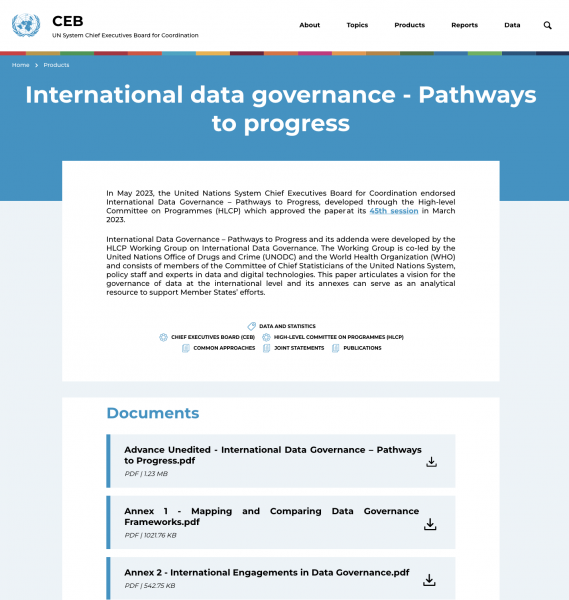Article by Jendayi Frazer and Peter Blair Henry: “Every few years, the U.S. government launches a new initiative to boost economic growth in Africa. In bold letters and with bolder promises, the White House announces that public-private partnerships hold the key to growth on the continent. It pledges to make these partnerships a cornerstone of its Africa policy, but time and again it fails to deliver.
A decade after U.S. President Barack Obama rolled out Power Africa—his attempt to solve Africa’s energy crisis by mobilizing private capital—half of the continent’s sub-Saharan population remains without access to electricity. In 2018, the Trump administration proclaimed that its Prosper Africa initiative would counter China’s debt-trap diplomacy and “expand African access to business finance.” Five years on, Chad, Ethiopia, Ghana, and Zambia are in financial distress and pleading for debt relief from Beijing and other creditors. Yet the Biden administration is once more touting the potential of public-private investment in Africa, organizing high-profile visits and holding leadership summits to prove that this time, the United States is “all in” on the continent.
There is a reason these efforts have yielded so little: goodwill tours, clever slogans, and a portfolio of G-7 pet projects in Africa do not amount to a sound investment pitch. Potential investors, public and private, need to know which projects in which countries are economically and financially worthwhile. Above all, that requires current and comprehensive data on the expected returns that investment in infrastructure in the developing world can yield. At present, investors lack this information, so they pass. If the United States wants to “build back better” in Africa—to expand access to business finance and encourage countries on the continent to choose sustainable and high-quality foreign investment over predatory lending from China and Russia—it needs to give investors access to better data…(More)”.

